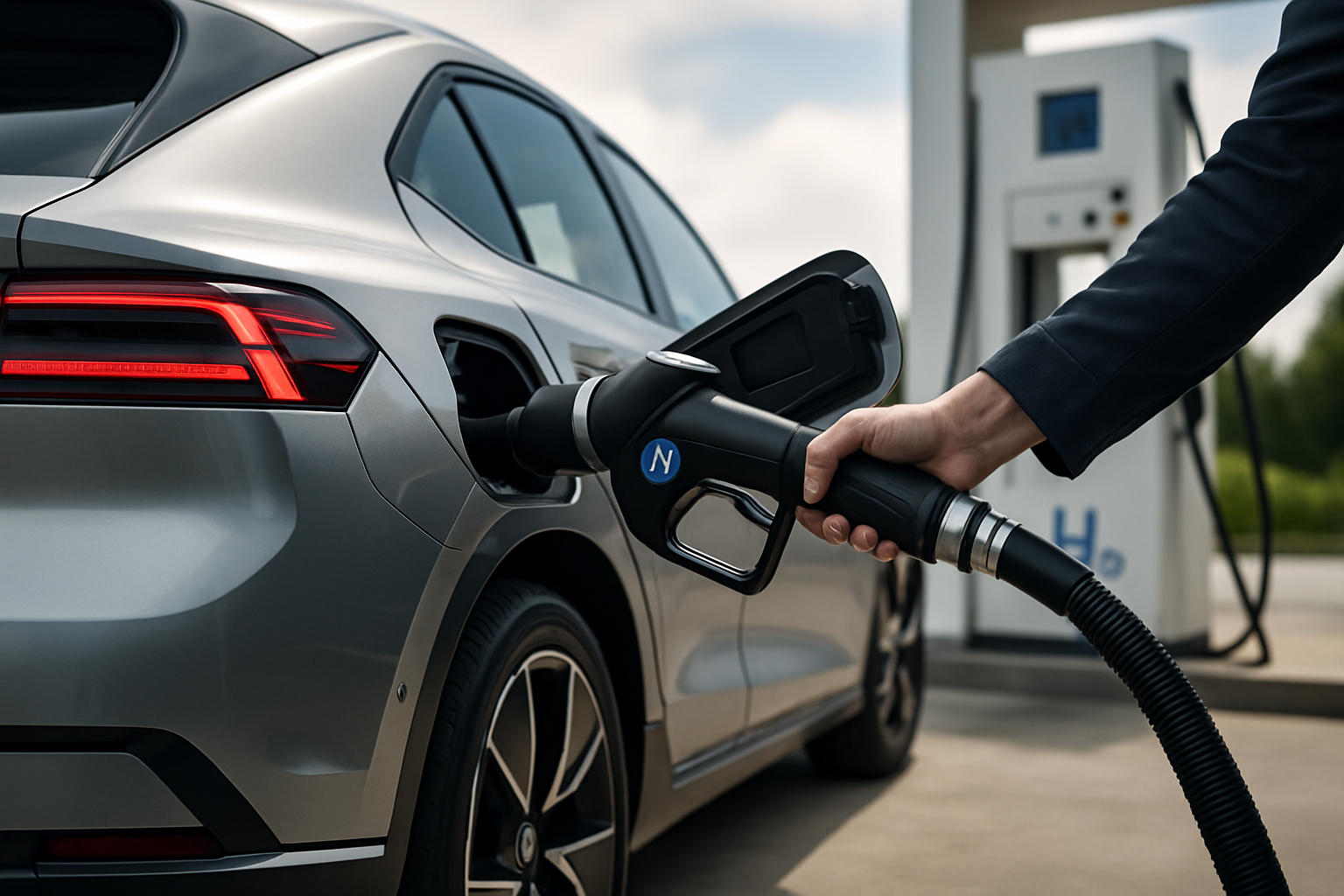Electric Cars in New Zealand: 2025’s Best Models for Efficiency and Price
As the demand for electric cars continues to grow in New Zealand, 2025 brings some of the best options on the market, offering a perfect balance of efficiency, range, and price. Whether you’re looking for an electric vehicle for daily commutes, long road trips, or an eco-friendly option, these cars are designed to meet your needs. With a range of advanced features, including improved battery life and faster charging times, these electric vehicles are ideal for anyone looking to reduce their carbon footprint. In this article, we’ll explore the top electric car models for 2025 in New Zealand and highlight the factors you should consider when making your purchase. Find out which cars offer the best value, performance, and technology as the electric car market continues to evolve.

Why are electric cars becoming popular in New Zealand in 2025?
The growing popularity of electric cars in New Zealand can be attributed to several factors. Firstly, the country’s commitment to reducing carbon emissions has led to supportive government policies and incentives for EV adoption. Additionally, improvements in battery technology have extended the range of electric vehicles, alleviating concerns about long-distance travel. The expanding charging infrastructure across the country has also made owning an electric car more practical for many New Zealanders.
Moreover, the decreasing costs of EV production have made these vehicles more affordable, narrowing the price gap with conventional petrol cars. As more automakers enter the EV market, competition has driven innovation and improved the overall quality and variety of electric vehicles available to consumers.
What key features should you look for in an electric car for 2025?
When considering an electric car in 2025, several key features stand out as particularly important:
-
Battery range: Look for vehicles that offer a range of at least 400-500 kilometers on a single charge to accommodate longer journeys.
-
Charging speed: Fast-charging capability is crucial, with many new models able to charge up to 80% in under 30 minutes.
-
Energy efficiency: Check the vehicle’s energy consumption rate, typically measured in kWh per 100 kilometers.
-
Smart technology: Advanced driver assistance systems, over-the-air updates, and connectivity features enhance the driving experience.
-
Battery warranty: A long-term battery warranty (8-10 years) provides peace of mind regarding the most expensive component of an EV.
-
Regenerative braking: This feature helps extend range by recovering energy during deceleration.
What are the top electric cars in New Zealand for performance and value?
Several electric car models stand out in the New Zealand market for their combination of performance and value:
-
Hyundai Ioniq 6: Known for its sleek design and excellent range, the Ioniq 6 offers a balance of efficiency and performance.
-
Tesla Model 3: This popular model continues to impress with its long range, advanced technology, and strong resale value.
-
MG ZS EV: An affordable option that doesn’t compromise on features, making electric mobility accessible to more Kiwis.
-
Volkswagen ID.4: A spacious SUV with solid range and comfortable ride quality.
-
Nissan Ariya: Combining style with practicality, the Ariya offers various powertrain options to suit different needs.
| Model | Range (WLTP) | Charging (10-80%) | Energy Efficiency |
|---|---|---|---|
| Hyundai Ioniq 6 | Up to 614 km | 18 minutes | 14.3 kWh/100km |
| Tesla Model 3 | Up to 602 km | 25 minutes | 14.9 kWh/100km |
| MG ZS EV | Up to 440 km | 40 minutes | 17.3 kWh/100km |
| Volkswagen ID.4 | Up to 520 km | 30 minutes | 16.8 kWh/100km |
| Nissan Ariya | Up to 500 km | 30 minutes | 17.1 kWh/100km |
Prices, rates, or cost estimates mentioned in this article are based on the latest available information but may change over time. Independent research is advised before making financial decisions.
What electric car incentives and discounts are available in New Zealand for 2025?
New Zealand continues to offer incentives to encourage the adoption of electric vehicles:
-
Clean Car Discount: A rebate scheme that provides cash incentives for purchasing new and used low-emission vehicles.
-
Road User Charges (RUC) exemption: Electric vehicles remain exempt from RUC until a certain date or odometer reading.
-
Corporate fleet incentives: Businesses receive tax benefits for incorporating electric vehicles into their fleets.
-
Local government initiatives: Some councils offer free or discounted parking for electric vehicles in city centers.
-
Charging infrastructure support: Government funding for the installation of public charging stations across the country.
These incentives, combined with the lower operational costs of electric vehicles, make them an increasingly attractive option for New Zealand drivers.
How can you choose the right electric car for your lifestyle in 2025?
Selecting the ideal electric car depends on your specific needs and lifestyle:
-
Assess your daily driving needs: Choose a vehicle with a range that comfortably exceeds your typical daily mileage.
-
Consider your budget: Factor in the initial cost, available incentives, and long-term savings on fuel and maintenance.
-
Evaluate charging options: Ensure you have access to convenient charging, either at home or through public charging networks.
-
Think about space requirements: Select a vehicle size that accommodates your passengers and cargo needs.
-
Test drive multiple models: Experience different electric cars to find the one that best suits your driving preferences.
-
Research reliability and after-sales support: Look into the manufacturer’s reputation for quality and the availability of service centers in your area.
By carefully considering these factors, you can find an electric car that not only meets your transportation needs but also aligns with your values and budget.
As New Zealand continues its transition towards sustainable transportation, electric cars are becoming an increasingly viable and attractive option for many drivers. With a growing selection of efficient and affordable models, supportive government policies, and an expanding charging infrastructure, 2025 presents an opportune time for Kiwis to embrace electric mobility.




